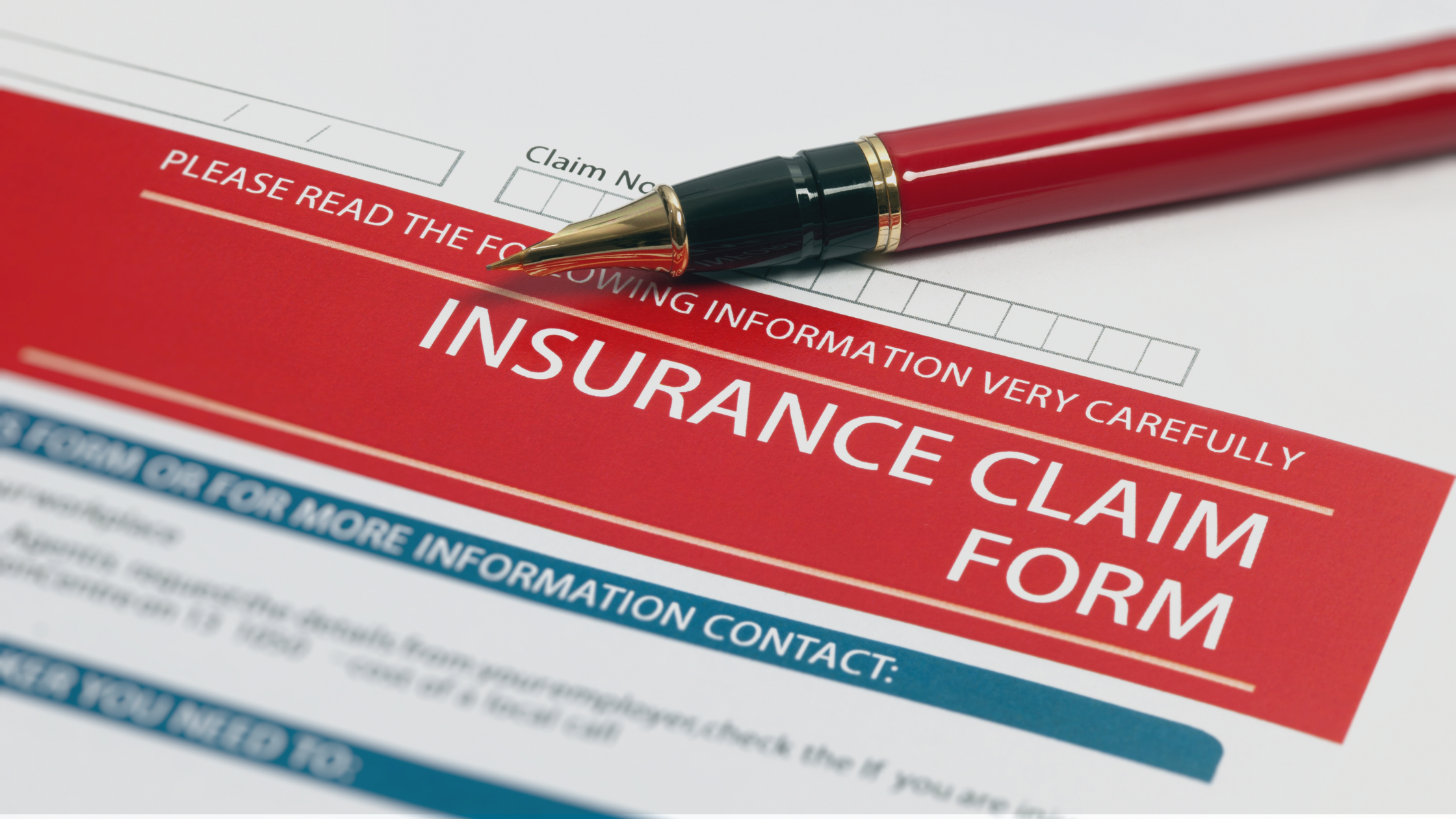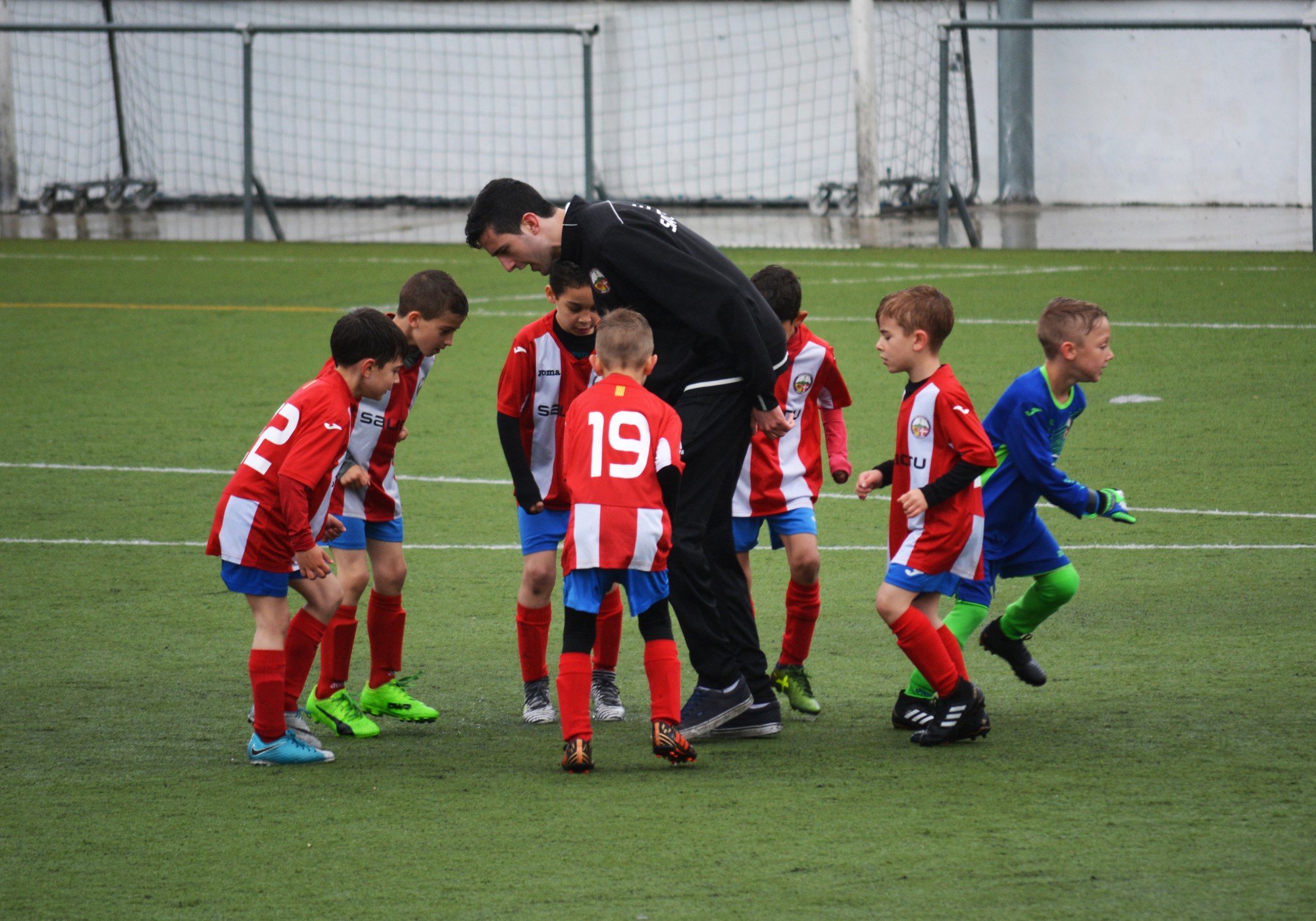American Specialty's in-house claims management team has handled a wide variety of claims and.
Summer Heat Safety Tips from our Loss Control Team
As summer is ramping up and temperatures are rising, now is the time to take precautions to prevent heat-related illnesses. When working in extremely hot and humid conditions, prioritize safety by staying hydrated, taking frequent breaks in cool areas, wearing appropriate clothing, and being aware of the signs of heat-related illnesses. Employers should provide cool water, shaded rest areas, and implement engineering controls to manage heat exposure.
Below are some best practices for employers to follow when employees are working in hot and humid conditions:
- Hydration and Cooling
- Drink plenty of fluids: Encourage workers to drink water regularly, even if they don't feel thirsty, and avoid sugary or caffeinated drinks that can dehydrate.
- Provide cool water: Ensure easy access to cool, potable water and consider electrolyte drinks.
- Take breaks in cool areas: Provide shaded or air-conditioned areas for workers to rest and cool down.
- Use cooling measures: Consider using cooling vests, wet cloths, or other methods to help workers regulate their body temperature.
- Acclimatize to the heat: Gradually increase exposure to the heat to allow the body to adapt.
- Clothing and Protection
- Wear light-colored, loose-fitting clothing: Light colors reflect sunlight and loose clothing allows for better airflow and evaporation of sweat.
- Protect from the sun: Use sunscreen, wide-brimmed hats, and sunglasses to minimize sun exposure.
- Consider PPE: If PPE is necessary, ensure it's designed to minimize heat stress and consider additional cooling measures.
- Work Practices
- Schedule heavy work for cooler times: If possible, schedule strenuous tasks for early mornings or late afternoons when temperatures are lower.
- Use the buddy system: Have workers monitor each other for signs of heat illness.
- Be aware of heat-related illnesses: Educate workers on the signs and symptoms of heat exhaustion and heat stroke and how to respond.
- Modify work/rest schedules: Adjust work schedules to include more frequent and longer breaks during high heat and humidity.
- Monitor weather conditions: Stay informed about weather forecasts and heat advisories.
- Employer Responsibilities
- Provide engineering controls:
Implement measures like air conditioning, ventilation, and insulation to reduce heat exposure, according to Texas Mutual.
- Establish a heat illness prevention plan:
Develop a comprehensive plan that includes training, water, shade, and rest breaks.
- Ensure adequate staffing:
Avoid overworking employees, especially during hot weather.
- Provide training:
Educate employees about the risks of heat stress, how to recognize symptoms, and how to prevent heat-related illnesses.
- Monitor employees:
Regularly check on employees, especially those at higher risk, for signs of heat stress.
By implementing these best practices, employers can significantly reduce the risk of heat-related illnesses and create a safer working environment for their employees.

MJ Brewer serves as our Vice President of Risk Services. She is highly qualified in the entertainment, hospitality and recreation industry with over 20 years of diverse safety, management and team development experience.


Insurers lose approximately $13 billion each year due to water damage claims, according to the.

January 2025

Understand the five factors the contribute to inflatable injuries and seven risk management.

August 2024

Winter Weather Safety Tips Protecting your property, your building, and people Winter not only.

December 2022

Navigating Risk Management Trends: Liquor Liability in the Growing Eatertainment Industry Rising.

July 2022

Navigating Risk Management Trends: Labor Shortage The labor shortages are bringing about new risks.

June 2022

What makes specialty coverage so special in the current insurance market? Specialty insurance.

April 2022

Reopening our Sports, Leisure, and Entertainment Buildings As we make our strides to reopen, follow.

March 2021

Should I Be Using a Waiver? If the services and experiences that you offer can be viewed as a sport.

September 2020

For most businesses, emergency planning does not rank among the most important items on the.

July 2020
